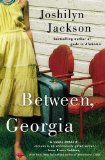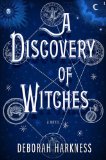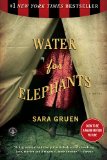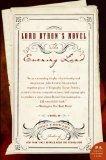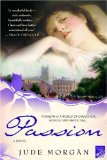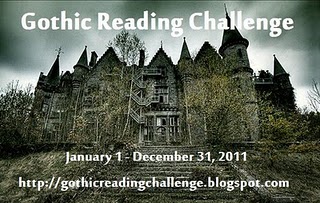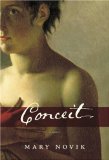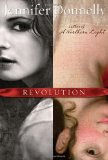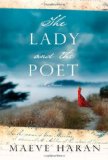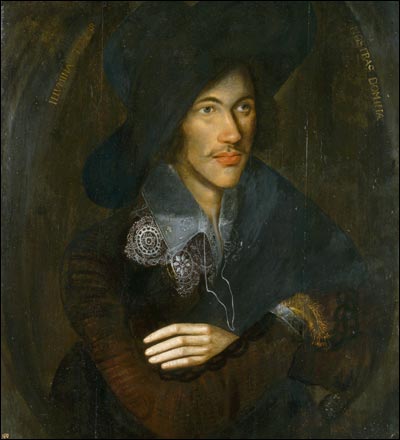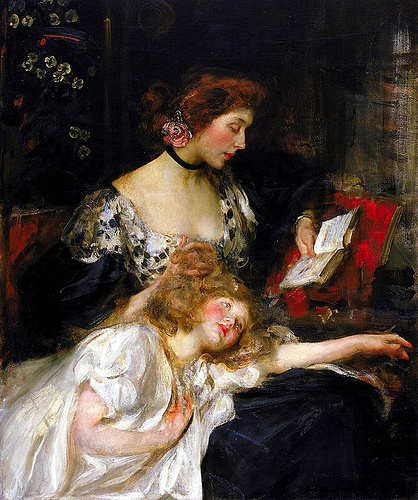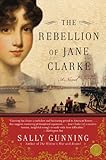 Sally Gunning’s novel The Rebellion of Jane Clarke is the story of its eponymous heroine, who lives with her family in Satucket on Cape Cod, Massachusetts on the eve of the Revolutionary War. Jane’s father wishes her to marry Phinnie Paine, but Jane isn’t so sure—she’s had reason to doubt her father’s judgment of late as his feud with the Winslow family has heated up again, and Jane fears the whispers that her father may be responsible for cutting off the ears of Winslow’s horse might be true. Jane’s father packs her off to her Aunt Gill in Boston as punishment for her refusal to acquiesce to his will. Once in Boston, Jane becomes caught up in events. She meets a young bookseller named Henry Knox. As a witness to the Boston Massacre, she is called to testify about what she has seen, but unlike so many in her circle, she sees shades of gray in their stark hues of black and white.
Sally Gunning’s novel The Rebellion of Jane Clarke is the story of its eponymous heroine, who lives with her family in Satucket on Cape Cod, Massachusetts on the eve of the Revolutionary War. Jane’s father wishes her to marry Phinnie Paine, but Jane isn’t so sure—she’s had reason to doubt her father’s judgment of late as his feud with the Winslow family has heated up again, and Jane fears the whispers that her father may be responsible for cutting off the ears of Winslow’s horse might be true. Jane’s father packs her off to her Aunt Gill in Boston as punishment for her refusal to acquiesce to his will. Once in Boston, Jane becomes caught up in events. She meets a young bookseller named Henry Knox. As a witness to the Boston Massacre, she is called to testify about what she has seen, but unlike so many in her circle, she sees shades of gray in their stark hues of black and white.
I enjoyed this novel, which is a bit of a departure for me, as most of the historical fiction I read tends to focus elsewhere. The events leading up to the Boston Massacre are thrown in vivid relief, and unlike most of what we learn in elementary school, the story turns out to be more complicated. Of course, all history is more complicated, and we don’t often hear from the side that didn’t win. I had already known that the soldiers who fired on the crowd were provoked (from a British history book, naturally, rather than an American one). In all, the story that emerges is more interesting. John Adams makes an appearance as both defense attorney for Jane’s father in a case he mentions in his own papers regarding a qui tam between Clarke and Winslow. He also defends Captain Preston and the soldiers following the Boston Massacre. He comes across as a really interesting and layered person, and I found myself wanting to read more of him. I also think I would enjoy reading Gunning’s other novels. One thing I particularly liked is that she resisted the common modern temptation of making women characters act out of accordance with their times. While Jane is certainly independent and unorthodox in her way, she never rings historically false. More than anything, it was just fun to return to Massachusetts. While Gunning’s descriptions are vivid, they don’t slow the pace of this story. I certainly think anyone interested in American history, warts and all, would find this book enjoyable, and I would recommend it to just about anyone who likes historical fiction.
Rating:




Full disclosure: I obtained this book from a Goodreads giveaway.
I’m moving right along on this Historical Fiction Reading Challenge! What I like about historical fiction is that I can learn as I am entertained; I love learning history. And I’m thinking my next book will likely fit this challenge, too. This book is my seventh for the challenge; I have eight more to read to call it complete, and it’s only April. Not bad.


